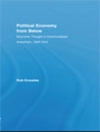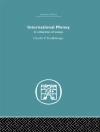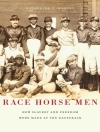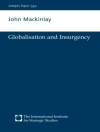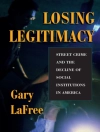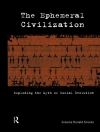The lottery called the jogo do bicho, or "animal game, " originated as a raffle at a zoo in Rio de Janeiro in 1892. During the next decade, it became a cultural phenomenon all over Brazil, where it remains popular today. Laws of Chance chronicles the game’s early history, as booking agents, dealers, and players spread throughout Rio and the lottery was outlawed and driven underground. Analyzing the game’s popularity, its persistence despite bouts of state repression, and its sociocultural meanings, Amy Chazkel unearths a rich history of popular participation in urban public life in the decades after the abolition of slavery in 1888 and the establishment of the Brazilian republic in 1889. Contending that the jogo do bicho was a precursor to the massive informal economies that developed later in the twentieth century, she sheds new light on the roots of the informal trade that is central to daily life in urban Latin America. The jogo do bicho operated as a form of unlicensed petty commerce in the vast gray area between the legal and the illegal. Police records show that players and ticket sellers were often arrested but rarely prosecuted. Chazkel argues that the animal game developed in dialogue with the official judicial system. Ticket sellers, corrupt police, and lenient judges worked out a system of everyday justice that would characterize public life in Brazil throughout the twentieth century.
Amy Chazkel
Laws of Chance [PDF ebook]
Brazil’s Clandestine Lottery and the Making of Urban Public Life
Laws of Chance [PDF ebook]
Brazil’s Clandestine Lottery and the Making of Urban Public Life
购买此电子书可免费获赠一本!
语言 英语 ● 格式 PDF ● ISBN 9780822394020 ● 出版者 Duke University Press ● 发布时间 2011 ● 下载 3 时 ● 货币 EUR ● ID 6811984 ● 复制保护 Adobe DRM
需要具备DRM功能的电子书阅读器


